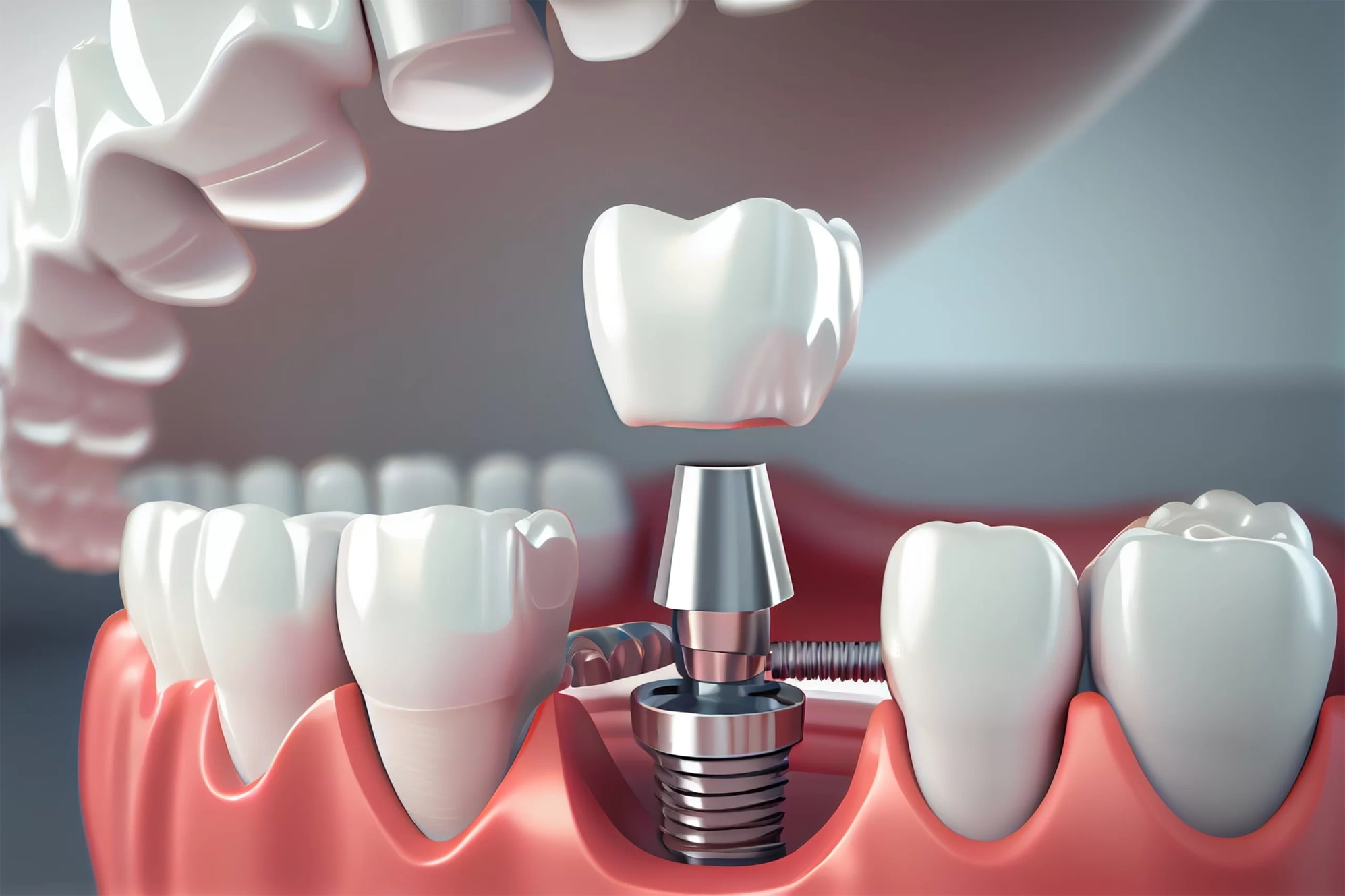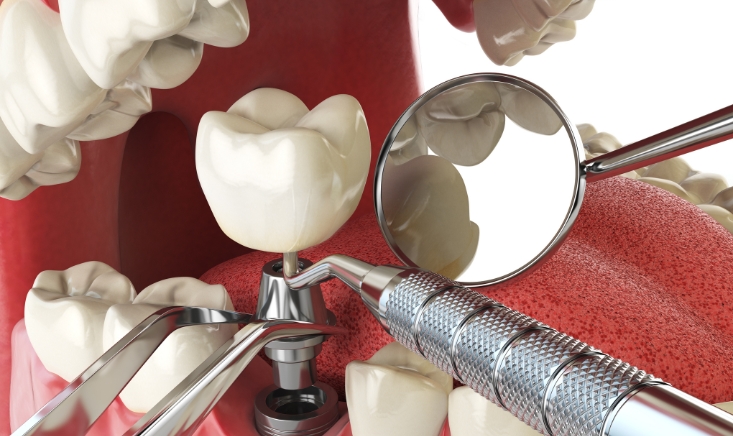We are not a registered Medicare/Medicaid Provider
Understanding the Impact of Rheumatoid Arthritis on Dental Implants

Rheumatoid arthritis (RA) is a chronic autoimmune disorder that primarily affects the joints, leading to pain, swelling, and stiffness. However, its effects can extend beyond the musculoskeletal system, influencing various aspects of a person’s overall health, including oral health. For individuals with RA considering dental implants, understanding the interplay between this condition and oral procedures is essential for informed decision-making.
The Connection Between RA and Oral Health
Individuals with rheumatoid arthritis often experience oral health issues. One common concern is the increased risk of periodontal disease. The inflammation caused by RA can contribute to gum problems, leading to gum recession and tooth mobility. Moreover, the medications used to manage RA may further exacerbate oral health issues, resulting in dry mouth or a higher likelihood of infections.
For those contemplating dental implants, the state of their oral health is a critical factor. A healthy oral environment is essential for successful implant placement and long-term stability. When periodontal disease is present, it can jeopardize the integrity of the bone and soft tissue surrounding the implant, potentially leading to implant failure.
The Importance of Bone Density
Bone density plays a vital role in the success of dental implants. With RA, bone density can be compromised due to both the disease itself and the medications prescribed to manage it. Corticosteroids, commonly used in RA treatment, may contribute to bone loss. This loss can hinder the ability of dental implants to integrate properly with the jawbone.
Patients should consult with their healthcare providers to assess their bone health before proceeding with dental implant surgery. A dental professional may recommend imaging studies to evaluate bone density and structure. In some cases, bone grafting may be necessary to enhance the jawbone’s ability to support implants.
Medications and Their Impacts
The medications prescribed for managing rheumatoid arthritis can significantly impact dental implant procedures. Patients often take disease-modifying antirheumatic drugs (DMARDs) and biologics, which can suppress the immune system. This suppression increases the risk of infections during and after surgery, making it crucial for dental professionals to adopt preventive measures.
Informing your dentist about all medications being taken is essential. Some medications may need to be paused before surgery to minimize infection risk. Additionally, your dentist might prescribe antibiotics before and after the procedure to further mitigate this risk.
Managing Oral Hygiene
Proper oral hygiene becomes even more critical for individuals with rheumatoid arthritis, especially those with dental implants. The inflammation associated with RA can compromise the immune system, making it more challenging to fight off infections. Therefore, maintaining rigorous oral hygiene practices is paramount.
Using a soft-bristle toothbrush and gentle brushing techniques can help protect the gums and surrounding tissues. Flossing daily or utilizing interdental brushes can also help prevent plaque buildup around implants. Regular visits to the dentist for professional cleanings and evaluations are essential in maintaining oral health and the longevity of dental implants.
The Role of the Dental Team
For individuals with RA, a collaborative approach among healthcare providers is crucial. A dentist should work closely with the patient’s rheumatologist to coordinate care effectively. This collaboration helps address any potential complications and ensures the patient receives comprehensive care tailored to their unique needs.
During the dental consultation, patients should discuss their medical history and any concerns related to RA. Open communication helps dental professionals develop personalized treatment plans that consider the patient’s overall health, medication regimen, and any potential complications.
The Psychological Impact
Living with rheumatoid arthritis can also take a toll on mental health, which indirectly affects dental care. Patients may experience anxiety or depression due to chronic pain or limitations in mobility. This mental health aspect can lead to neglecting oral hygiene practices or avoiding necessary dental visits.
Dental professionals should be sensitive to the psychological challenges faced by individuals with RA. Providing a supportive environment and understanding their concerns can help foster a positive dental experience. Moreover, offering resources or referrals for mental health support may enhance overall well-being.
What to Expect During the Dental Implant Procedure
Understanding what to expect during the dental implant process can alleviate anxiety for patients with rheumatoid arthritis. The procedure typically involves multiple stages, including initial assessments, implant placement, and follow-up appointments.
After the consultation, your dentist will create a treatment plan, including imaging studies to assess bone quality and the best placement sites. During the implant surgery, local anesthesia will ensure comfort. If bone grafting is needed, this will be performed during the same visit or as a separate procedure.
After surgery, a healing period follows, allowing the implant to integrate with the bone. The timeline for healing can vary, particularly for those with RA, who may experience slower healing processes. Regular follow-ups are essential during this period to monitor progress and address any concerns.
Long-Term Care for Dental Implants
Long-term success with dental implants hinges on ongoing care and regular dental visits. Individuals with rheumatoid arthritis should remain vigilant about their oral health. This includes monitoring for signs of gum disease, implant mobility, or any unusual symptoms.
Dental professionals may recommend more frequent check-ups to ensure that the implants remain stable and the surrounding tissues are healthy. Additionally, maintaining communication with both the dental team and the rheumatologist can facilitate timely interventions if issues arise. Individuals with RA can enjoy the benefits of dental implants with proper planning, care, and a collaborative approach between their healthcare providers. Patients can significantly enhance their overall quality of life by prioritizing oral health and adhering to recommended practices. If you’re seeking a Denville dentist, consider a professional who understands the unique challenges associated with rheumatoid arthritis and can provide personalized care tailored to your needs.


